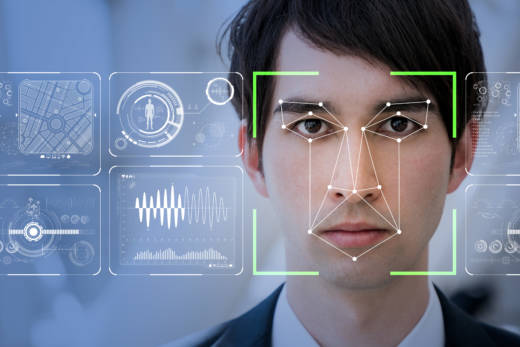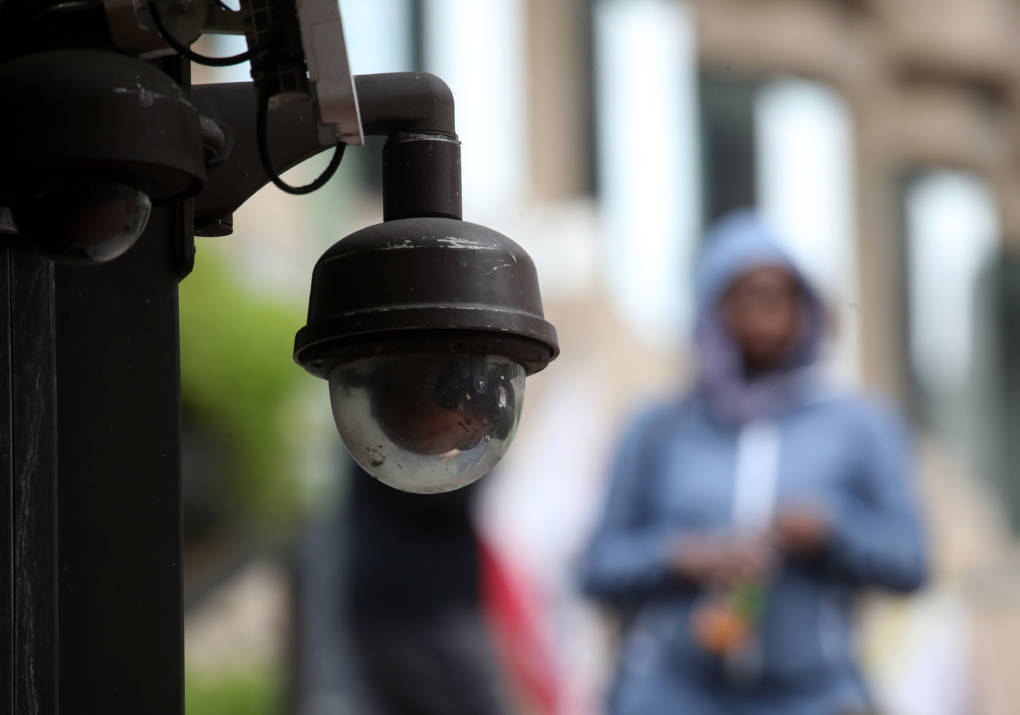The big software companies marketing facial recognition software are split on its use. In April, Microsoft refused to sell its technology to a California law enforcement agency over human rights concerns, and Microsoft President Brad Smith called for regulation to prevent “a commercial race to the bottom.”
Amazon, however, continues to sell its Rekognition software to law enforcement agencies. In a statement, the company argued, “Technology like Amazon Rekognition should only be used to narrow the field of potential matches. The responses from Amazon Rekognition allow officials to quickly get a set of potential faces for further human analysis. Given the seriousness of public safety use cases, human judgment is necessary to augment facial recognition, and facial recognition software should not be used autonomously.”
Regardless of the municipal bans, and a statewide moratorium on facial recognition for police body cams under consideration now in Sacramento, federal agencies like the FBI can and do use the software nationwide.
Facial recognition has been the subject of two House Oversight and Reform Committee hearings, in which concern over the technology appeared to be bipartisan.
Those hearings have yet to lead to a change in federal law, but they did reveal the FBI has amassed a database of more than 640 million photographs for its facial recognition program, including driver’s license photos from 21 states, not including California.
San Francisco Supervisor Aaron Peskin took that revelation as confirmation he made the right choice in voting for a ban. In an opinion piece published in Newsweek, he wrote, “Even if 100 percent accurate, mass surveillance by facial recognition — the likes of which authoritarian governments like China are already using — exposes Americans to an Orwellian dystopia.”

